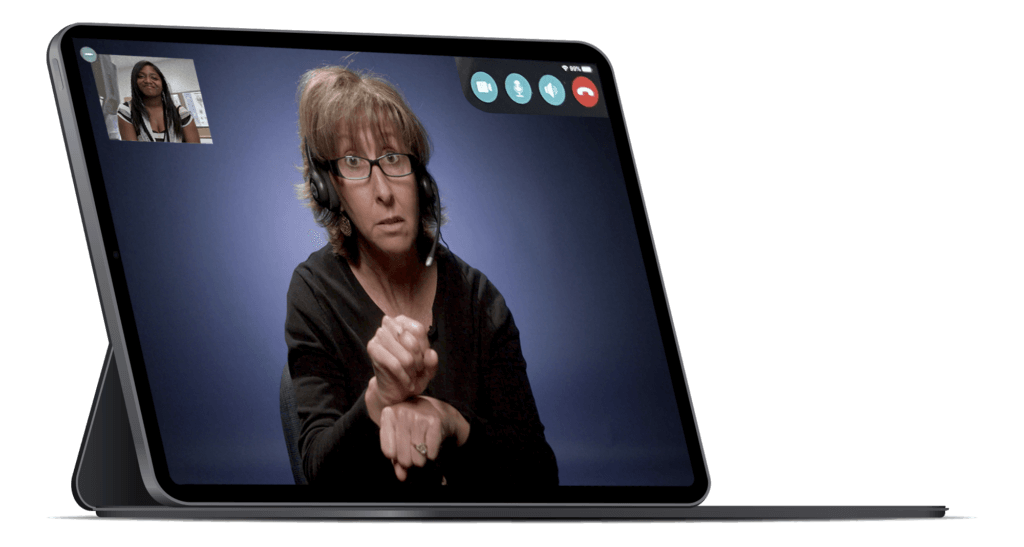Did you ever try to make a call to your health care provider, only to be denied from getting the information you needed?
It’s frustrating, right? You’re not alone. This may be due to HIPAA.
What is HIPAA?
HIPAA is known as the Health Insurance Portability and Accountability Act of 1996. It’s a federal law that requires national standards to protect sensitive and confidential patient health information from being disclosed without the patient’s consent or knowledge.
To learn more about HIPAA, go here.
If you were calling your doctor to follow up with the results of your appointment, the doctor might initially refuse to share your medical information due to privacy and confidentiality concerns.

What should I do?
Notify your medical provider that you use VRS for your calls. They will hear a sign language interpreter during their calls with you. If they call when you’re not available, they will hear a recording before they leave their voicemail. The voicemail will inform the caller that you’re unavailable and that they should leave their name, phone number, and a message. This should help reduce confusion or hesitation in sharing important information in their calls.
Click here to share what VRS does and why VRS is necessary for your telephone communications with your medical providers.
OK. I tried that, but it didn’t work. What can I do next?
That’s a bummer! We’re sorry that you’re experiencing difficulties. There are several ways to approach this. You can reach out to NAD for guidance and check in with your local State Commission for the Deaf, Hard of Hearing, and DeafBlind or Deaf advocacy centers to share your frustration and to ask for guidance. These places may be able to help you follow up with your medical providers to find solutions that work for everyone involved.
To find which commission you should contact, check out this page.





